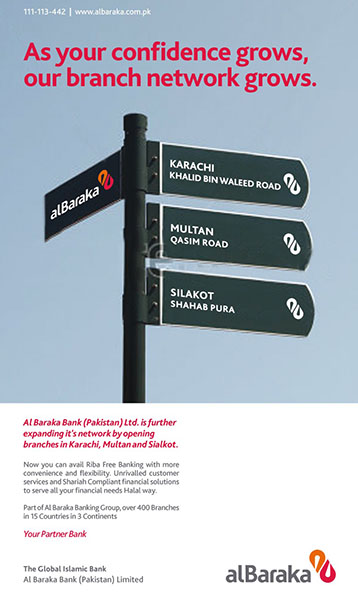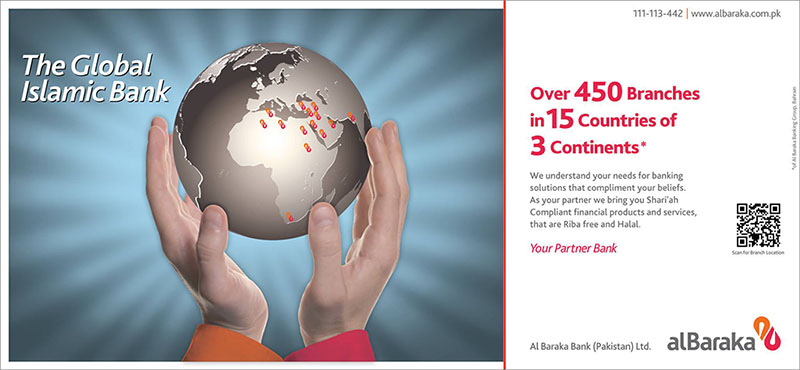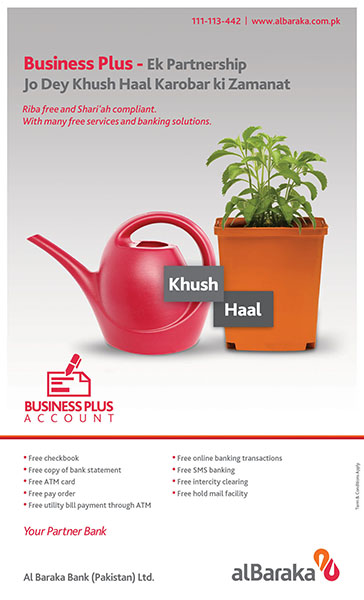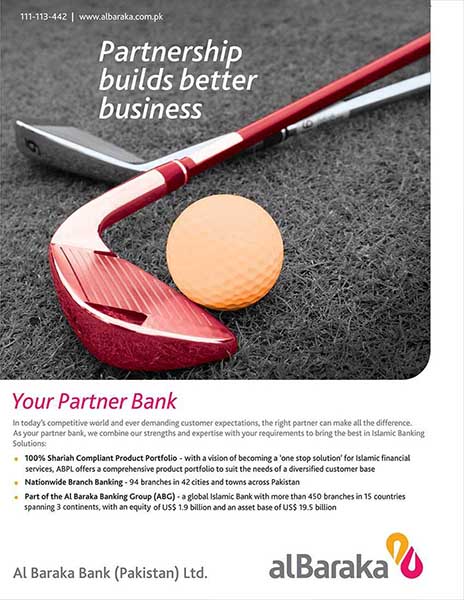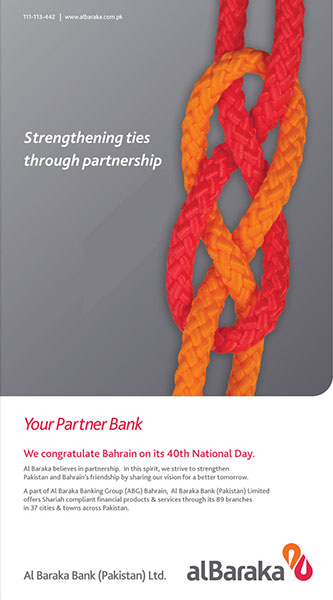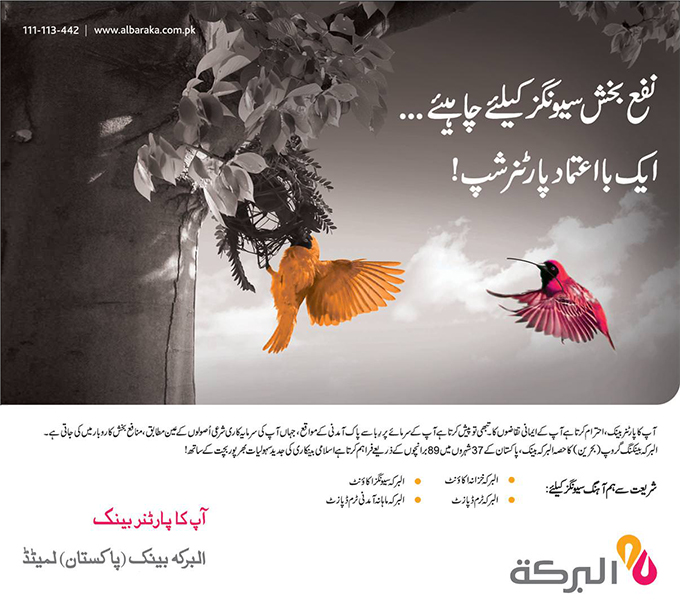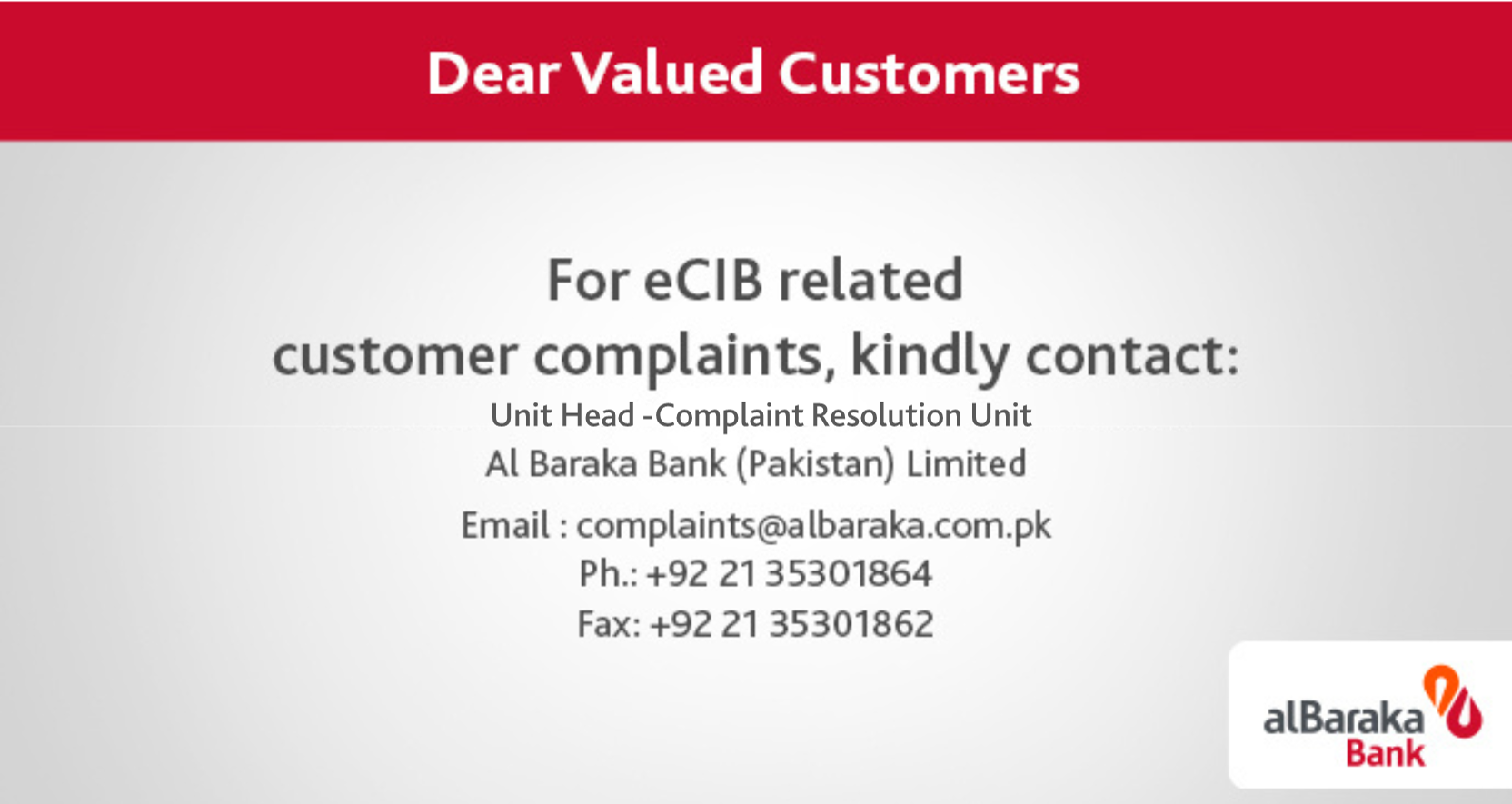
Following a welcome note from the Dean Assistant of the Faculty of Business Administration and Commercial Sciences Lya Yahshoshi, the speech was given to Dr. Azoury, in which he praised the march of Mr. Adnan in the banking industry, noting that “he expected the global financial crisis with profound vision, which help many Arab banks from falling into disaster. He sees that the only way out of this crisis is through the revitalization of the economies of the industrialized world. On the Arab level, the Gulf especially, He supports the single currency in order to create a powerful economic bloc in the international arena. ”
Mr. Adnan then delivered a lecture before the college students on “flexibility and efficiency of Islamic banks in times of financial and economic crises”, initiated it by thanking the University on the initiative of honor. He believed, “that the subject of the global financial crisis is still a concern for all financial and economic elites in the world, each in his field, and a variety of analysis about the reasons and later on solutions and lessons learned from the experience that was said about it,” it destroyed the global economy and caused much suffering in all throughout the world. ”
He said, “that most of the reports emanating especially from the International Monetary Fund indicate now that the situation is improving, but according to these reports, the risk still exists, particularly in the field of purification of the balance sheets of banks through the liquidation of bad assets and raise capital, and work to reduce the volumes of defaulting mortgages. There is no doubt much work done by international organizations and we hope to bear fruit at the earliest possible opportunity in favour of global economies. ”
He added: “For Islamic financial institutions, they are not affected by the crisis dramatically and to some extent been affected by the slow-down of the international economy. This is due mainly to the special nature of banks that adopt this type of financial systems.”
Mr. Yousif made a glimpse of the numbers on the extent of the success of Islamic banks, offering some observations on the performance of a selected sample of the 10 largest Islamic banks compared with their counterparts from conventional banks in the region, showing the flexibility of Islamic financial institutions during the financial crises.
He stressed that “we very much appreciate the efforts of regulators and policy makers in the world in order to restore stability and confidence in global financial system. We also appreciate the research and studies conducted or are underway to find solutions to many issues that have emerged because of the global financial crisis, such as how to deal with large financial institutions, which were considered and still as they are larger than to fail or be allowed to collapse, as well as the issues of strengthening the systems of motivation and supervisory capacity, and a more effective precautionary framework. But at the same time we would like to see solutions that take into account our needs in this part of the world. Just as we impressed by the crisis, we will be affected by the solutions. If these variables are not dealt with from the perspective of building on the positives in them at the same time adopted economic policies based on our cultural values and heritage and commensurate with the size of our economies, we are undoubtedly going to have some difficulties. ”
He said, “that what should be the focus of our economic policies during the current phase, so we can reach our countries to the stage of economies of scale and well-being and economic progress, is the need to find a middle class in economic terms parallel with the social concepts to contribute to the achievement of one of the most important objectives of economic policies, that is the issue of equitable distribution of wealth. ”
Mr. Yousif ended his lecture with a number of observations that can be considered as a plan to work during the next phase of Islamic financial institutions: first, Islamic financial industry has to strengthen its relations with their conventional counterparts and exchange of experiences and benefits in the common aspects such as ways to develop and structure corporate governance policies and regulatory actions. Second: To support the initiative of Islamic Financial Services Board, which recently launched, of the establishment of the Financial Stability Forum of the Islamic world, where would the existence of such a forum to facilitate a better understanding of the issues and challenges emerging in the Islamic financial system and its impacts on global financial stability. The Forum should have executive powers more than the existing models of the support organizations of the Islamic financial institutions. Third, Islamic banks have to create initiatives at the state level in which they operate to support the sector of small and medium enterprises, considering that this sector can be relied upon to find the middle class in society and the expansion of this aspect to include also create links with similar institutions at the regional level.
In conclusion, Dr. Azoury awarded the Award of the Faculty to Mr. Adnan Ahmed Yousif.





